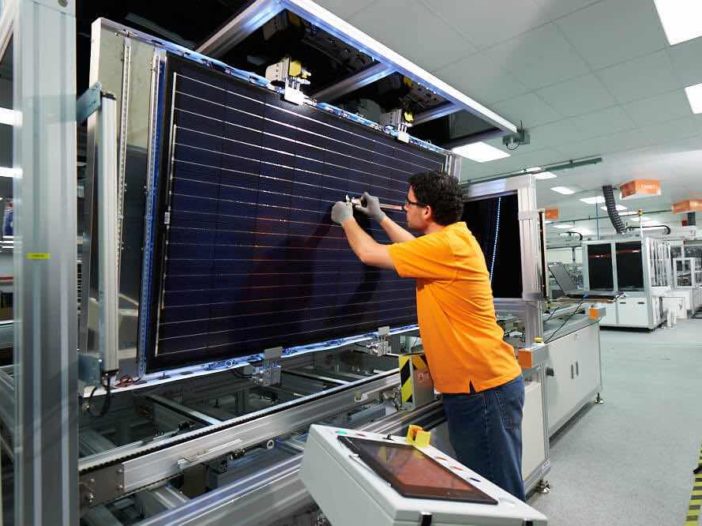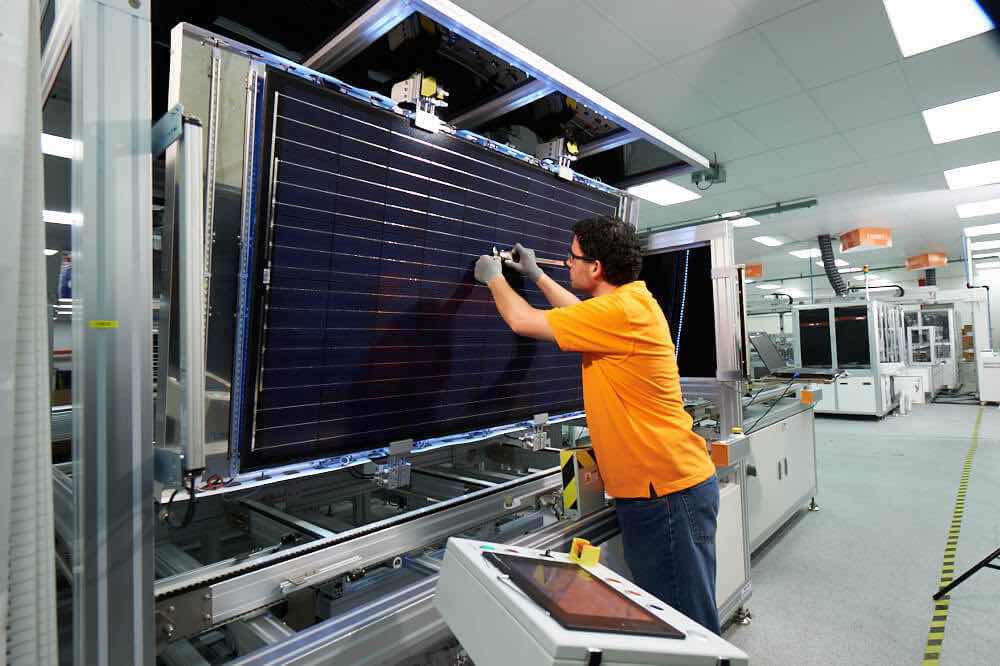
A battle is brewing over who should manage the list of rooftop solar products allowed to participate in the Small-scale Renewable Energy Scheme, after the regulator indicated its preference for the job to stay with the Clean Energy Council.
In an email update on Monday, the Clean Energy Regulator notified industry of its plan to nominate the CEC to continue its current role as the solar panel and inverter product listing body under the SRES, the federal rooftop solar subsidy.
“Under the Renewable Energy (Electricity) Regulations 2001, the Clean Energy Regulator can nominate an organisation to approve solar panel and inverter modules,” the notice said.
The chosen organistion, the CER says, will determine which solar panels and inverters are eligible to receive small-scale technology certificates and will list these products on their website.
The notification kicks off a 28-day submission period, where industry stakeholders can provide feedback on whether or not the job should stay with the CEC – and who might be better qualified for the task.
It’s a contentious subject. After all, the reason we’re here is that a major federal government-ordered review into the integrity of the SRES called for the CER to take over full control of the scheme, replacing a co-regulation system led by the CEC.
The review found that – while the CEC had “undertaken its regulatory roles diligently over a long period” – it was difficult for it to undertake effective enforcement against accredited parties found doing the wrong thing without the statutory investigation powers of a Commonwealth regulator.
The review also raised the question of potential conflict of interest with an industry body trying to take enforcement action against parties who may be its members.
“A single regulator with the typical statutory powers and capability of a Commonwealth Regulator will be a stronger deterrent to non-compliant behaviour and enable more effective enforcement,” it said.
As a result of these findings, the CEC in March handed over control of the SRES installer and designer accreditation scheme, after the CER appointed Solar Accreditation Australia to take over its operation.
The change, while welcomed by some, was not without its headaches for SRES participants, who were given a period of three months to transfer to SAA to remain eligible for small-scale technology certificates, or STCs.
Nevertheless, it seems many were expecting the regulator to opt for a transfer of responsibility for accreditation of solar equipment away from the CEC, too. Certainly, others had put their hands up for the job, including fellow industry lobby group the Smart Energy Council.
Glenn Morris – a solar industry guru whose company SmartEnergyLab is in the business of PV product evaluation and testing – argues that the CEC’s “monopoly” on product accreditation is hindering progress.
“The Clean Energy Council has repeatedly failed to deliver a professional and timely service to our industry,” Morris says in a video message posted to LinkedIn.
“I hear complaints all the time about delays …[and] we’ve seen these long delays in the approval process causing significant economic impacts.
“This isn’t just an inconvenience, it’s a roadblock to progress. It’s slowing down the entire renewable energy transition in Australia,” Morris says.
“Tell the Clean Energy Regulator … that we need a more efficient and professional body to handle product listing.”
On the other side of the equation, SolarEdge technical director James Sturch argues that the CEC, now free of the task of monitoring installer accreditation, can focus its resources on delivering a better product listing service.
And he believes a changing of the guard could do more harm than good.
“CEC has the best level of experience in understanding the complexities of products, their certification and the listing requirements to support OEMs, networks and AEMO,” Sturch says on LinkedIn.
“They have established connections with all of the regulators, [distribution network service providers], government agencies and either sit directly, or have industry experts representing them, on a whole range of Standard Australia committees.
“Splitting product listing out to another entity just for STCs will create a huge amount of turmoil,” Sturch continues.
“We have seen this with the transition to SAA for accreditation, it took months for installers to get accredited. The industry impact was huge, doing the same with products just for STCs will be even worse.”
For its part, the CEC says its proposed nomination is “strong recognition” from the regulator that it is the right organisation for the job.
“The CEC is proud of the role it has played over many years providing assurance andraising standards for solar panels, inverters and batteries, ensuring products installed in homes and businesses are safe and reliable,” said CEC chief Kane Thornton in a statement on Monday.
“While the process will now enter a 28-day consultation period, this step is strong recognition of the technical depth, experience and professionalism of the CEC’s team and a positive outcome for industry.
“The CEC looks forward to working closely with the CER and the renewable energy sector as we continue to deliver accreditation services and a strong product assurance program that provides certainty and efficiency for product manufacturers and confidence for Australians,” Thornton says.
The CER, meanwhile, says its preference to stick with the CEC follows feedback from industry consultation conducted in 2022, including 93 non-confidential submissions.
“As the proposed nominee, the CEC will publish and maintain approved solar product lists according to the product listing framework,” the CER says on its website here.
“The CEC will be accountable to us under our nomination. This differs to the previous co-regulatory arrangement where the CEC was legislated under the regulations.”
Submissions can be made via the CER website until 5pm on Friday August 11.
Details of the Clean Energy Council’s proposed product listing body services can be found here.

Sophie is editor of One Step Off The Grid and deputy editor of its sister site, Renew Economy. Sophie has been writing about clean energy for more than a decade.



